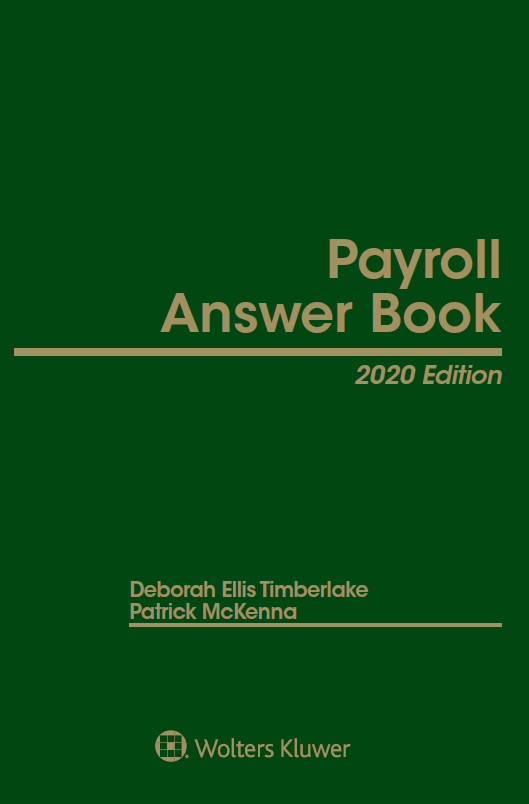Payroll Answer Book 2025 gives payroll professionals guidance on the steps they need to take to comply with the laws and regulations governing payroll. From both a legal and practical standpoint, broad and deep coverage is given to the payroll implications of the wage and hour law and how to handle the federal employment taxation of benefits offered to employees and related state regulations and guidelines. Detailed information is provided on computing and paying payroll taxes, how to handle garnishments and other deductions, how to determine whether workers are employees or independent contractors, what records must be kept, what the benefits and disadvantages of direct deposit of employees' wages are, how to treat sick pay, how to handle a merger or acquisition, what to ask when employees work abroad, and how the payroll department can protect employees' data. In addition to answering the full range of payroll questions, the Payroll Answer Book contains abundant examples that illustrate necessary calculations.
The 2025 edition of the Payroll Answer Book from Wolters Kluwer includes several important updates and expanded guidance to help payroll professionals stay compliant with evolving regulations.
Key Updates in the 2025 Edition
- Expanded Coverage of Wage and Hour Laws - The book provides deeper insights into federal and state wage and hour regulations, including how to handle overtime, minimum wage changes, and exempt vs. non-exempt classifications
- Updated Federal Employment Taxation Guidance - It includes the latest rules on taxation of employee benefits, including fringe benefits, health savings accounts (HSAs), and flexible spending accounts (FSAs).
- Enhanced Guidance on Worker Classification - Reflecting recent Department of Labor (DOL) updates, the book offers refined criteria for distinguishing employees from independent contractors.
- New Pay Transparency Requirements - Jurisdictions like Illinois now require salary ranges in job postings. The book outlines compliance strategies for multi-state employers.
- IRS Payroll Tax Reporting Enhancements - Employers must now meet stricter electronic filing requirements for amended returns (Forms 940 and 941-X), and the IRS has increased scrutiny on payroll tax compliance.
- State-Specific Developments - Includes updates on state-level income tax withholding, minimum wage increases (e.g., California’s rise to \$16/hour), and paid sick leave expansions.
- International Payroll Considerations - New content addresses payroll developments in countries like France, Spain, Germany, and Ireland, useful for companies with global operations.
- Data Protection and Security - The book emphasizes best practices for safeguarding employee payroll data, especially in light of increasing cybersecurity threats.
- Practical Examples and Calculations - Numerous examples are included to help users perform accurate payroll calculations and understand complex scenarios.
